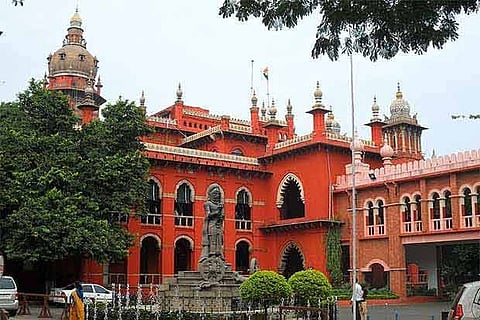

Chennai
As per the case, Ravi Raman (Plaintiff) who had aspired for the post of district Governor of Rotary had moved a defamation suit against another member Arul Viswanathan (Defendant) for sending an e-mail making false defamatory allegations against him to the District Governor and other members, who had a vote in the elections.
But, Arul Viswanathan (Defendant) contended that the e-mail was sent only to the District Governor and was meant to bring to the notice of the District Governor that the former was not a fit candidate for the post and there was nothing malicious.
In pursuant of the suit pending cross examination, Ravi Raman contended that though the e-mail would show that it was only sent to the District Governor, in reality the e-mail was sent under BCC (Blind Carbon Copy) to multiple reasons, where the identities of the recipients are masked and hence the information could be retrieved only by summoning the details from M/s Google LCC.
However, Justice PT Asha on pointing out that the plaintiff has given the details of the persons who have received the said defamatory e-mail, said, “If a single recipient of the said notice adduces evidence to the fact that they were marked and had received the e-mail it would demolish the case of the defendant that only the District Governor was a recipient.” Also, on citing the criminal complaint filed by the plaintiff, wherein the immediate past president and secretary of the Rotary Club, Chennai Serenity are shown as witnesses can adduce evidence if they have received the e-mail, Justice Asha said, “The plaintiff has not demanded the production of the e-mail from the defendant under the provisions of Code of Civil Procedure which is the best evidence that can be placed for the consideration of the court.”
“The plaintiff in the guise of this application is attempting to collect evidence and protract the proceedings,” the judge added while posting the suit for cross examination to September 3.
Visit news.dtnext.in to explore our interactive epaper!
Download the DT Next app for more exciting features!
Click here for iOS
Click here for Android